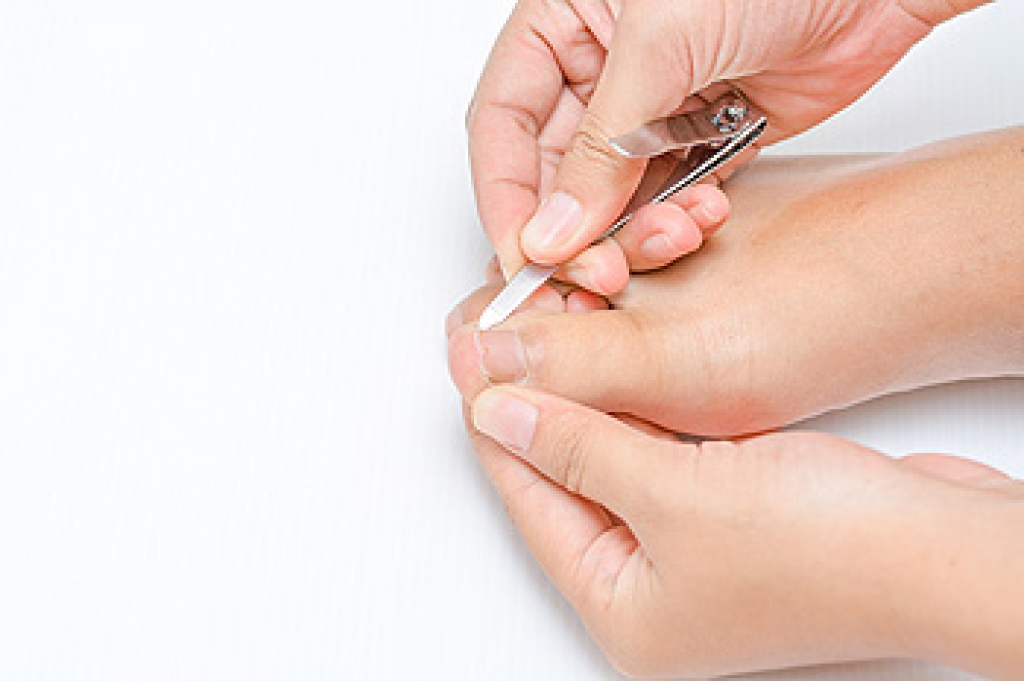
Pickleball is a fast-paced sport that places repeated stress on the ankles through quick direction changes, sudden stops, and lateral movements. Hurt ankles often result from ligament strain, overuse, or improper foot positioning during play. Risk factors include inadequate warm-up, poor balance, uneven court surfaces, and wearing shoes without proper support or traction. Previous ankle injuries and weak stabilizing muscles can also increase the chance of pain or sprain. A podiatrist can assess ankle stability, identify biomechanical issues, recommend supportive footwear or custom orthotics, and create a treatment plan to reduce inflammation and promote healing. If ankle pain is limiting your pickleball performance or daily activity, it is suggested that you consult a podiatrist to restore strength, prevent future injury, and keep you confidently on the court.
Ankle pain can be caused by a number of problems and may be potentially serious. If you have ankle pain, consult with one of our podiatrists from Bergen Foot & Ankle. Our doctors will assess your condition and provide you with quality foot and ankle treatment.
Ankle pain is any condition that causes pain in the ankle. Due to the fact that the ankle consists of tendons, muscles, bones, and ligaments, ankle pain can come from a number of different conditions.
Causes
The most common causes of ankle pain include:
- Types of arthritis (rheumatoid, osteoarthritis, and gout)
- Ankle sprains
- Broken ankles
- Achilles tendonitis
- Achilles tendon rupture
- Stress fractures
- Bursitis
- Tarsal tunnel syndrome
- Plantar fasciitis
Symptoms
Symptoms of ankle injury vary based upon the condition. Pain may include general pain and discomfort, swelling, aching, redness, bruising, burning or stabbing sensations, and/or loss of sensation.
Diagnosis
Due to the wide variety of potential causes of ankle pain, podiatrists will utilize a number of different methods to properly diagnose ankle pain. This can include asking for personal and family medical histories and of any recent injuries. Further diagnosis may include sensation tests, a physical examination, and potentially x-rays or other imaging tests.
Treatment
Just as the range of causes varies widely, so do treatments. Some more common treatments are rest, ice packs, keeping pressure off the foot, orthotics and braces, medication for inflammation and pain, and surgery.
If you have any questions please feel free to contact our offices located in Fort Lee, NJ and Flushing, NY . We offer the newest diagnostic tools and technology to treat your foot and ankle needs.




